- Over half (57%) of people with learning disabilities in the UK say the company they worked for was not equipped to support them
- Research lands as Hilton shares its expertise from over a decade’s experience in developing over 140 workplace opportunities in the UK for people with learning disabilities such as Down’s Syndrome, as part of its aim to create opportunities for all
- Hospitality and tourism sector can play an important role in improving employment outcomes with 43% of people with a learning disability and their carers highlighting it as one of the top industries where they can succeed
- Study also reveals that 69% of the population who have interacted with a person who has a learning disability in a service setting said that their experience inspired them to think differently about people with learning disabilities
LONDON – New UK research from Hilton shows that two thirds (66%) of those with a learning disability say their employers have not asked them what they need to succeed in their roles. As a result, nearly six in 10 (57%) feel like the company they work for isn’t equipped to support them.
The research of more than 2,000 people in the UK, including 500 people with learning disabilities such as Down’s Syndrome and Autistic Spectrum Disorder, and their carers, gives a clear indication as to how employers can improve experiences and prospects of those questioned.
Those with a learning disability cited a number of reasons as to why keeping a job was difficult, but relationships were at the heart of the challenges; almost half (49%) said they did not have the right support from their employer while 44% said they did not get the right support from their team/colleagues.
Counsel to employers
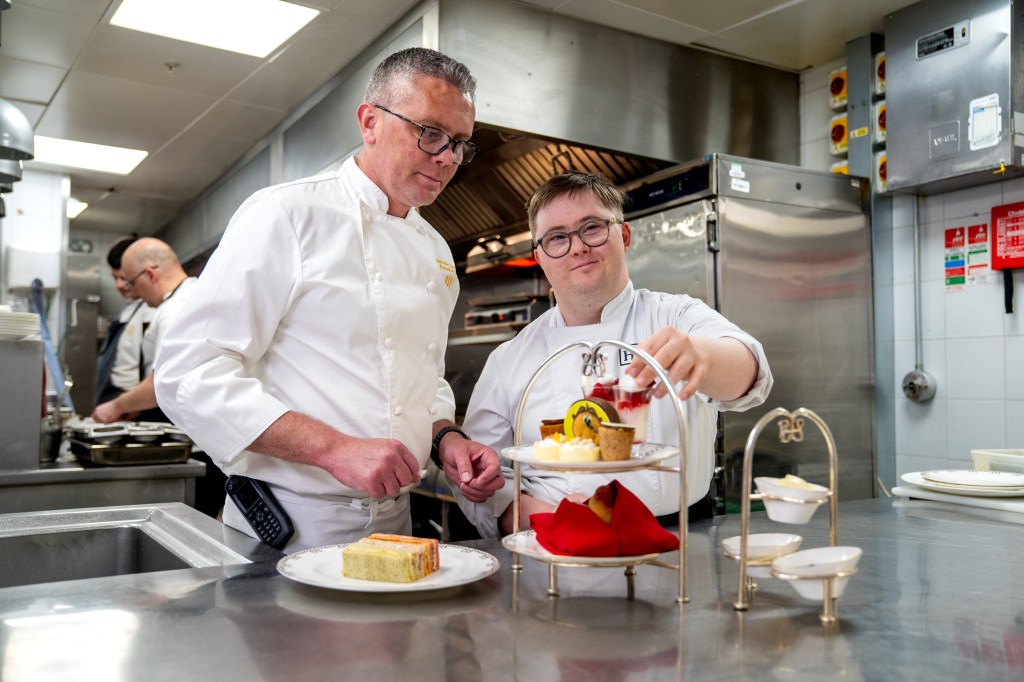
There is also clear counsel from those questioned to employers when it comes to improving workplace support. Over half of people (56%) want more on-the-job training, and 38% say they would like to see the introduction of a mentor or buddy system for additional support.
Partnerships are key
Working with industry partners has been integral in enabling Hilton to improve workplace support across its UK hotels. For example, Hilton’s 10-year partnership with Aurora Foxes, a hospitality college and training hotel supporting young people with learning disabilities, has provided bespoke training, work experience and employment opportunities to 89 people across Hilton, with 19 former students currently building careers within Hilton’s hotels.
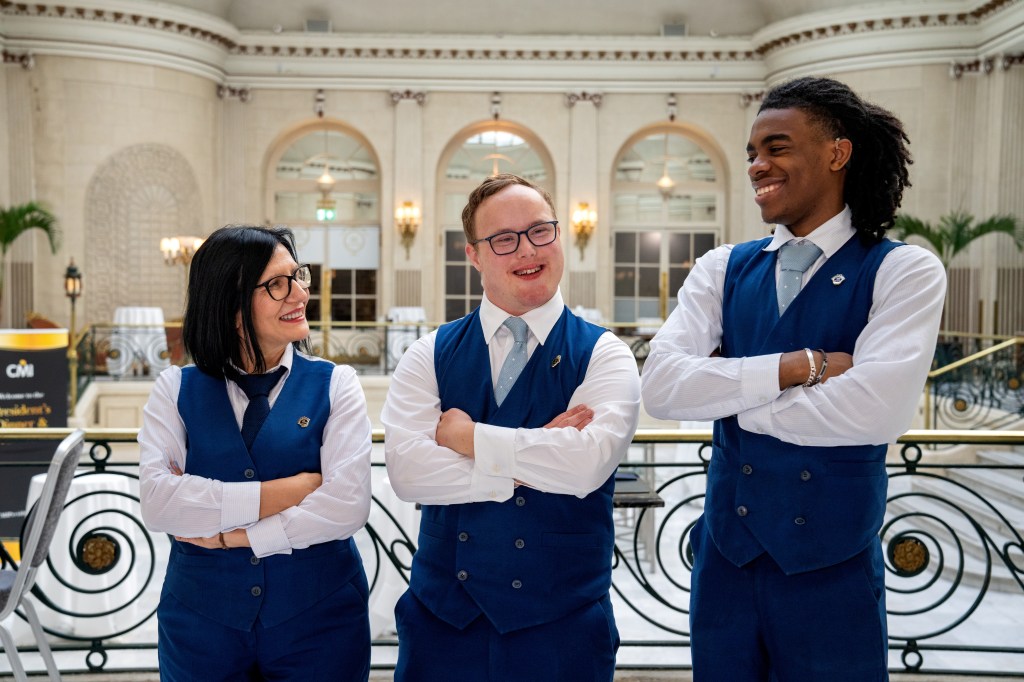
Similarly, Hilton’s long-standing partnership with the Down’s Syndrome Association’s WorkFit programme has opened doors for talented individuals, resulting in 55 individuals receiving work placements across the UK with 43 individuals currently working at Hilton hotels.
Stephen Cassidy, senior vice president, UK & Ireland, Hilton, said, “The key to unlocking the power of people with learning disabilities, and allowing them to really excel in the workplace, is the strength of our partnerships. Our team members feel supported by our partners, who offer their expertise on how to integrate team members into the work force. From introducing buddy systems to train and support new team members, to offering flexibility with shorter shifts and part-time roles, their advice has been invaluable. Working together with our partners, we are committed to building an inclusive workforce that reflects the diversity of our communities, and we hope it inspires other businesses to do the same.”
Hospitable workplaces
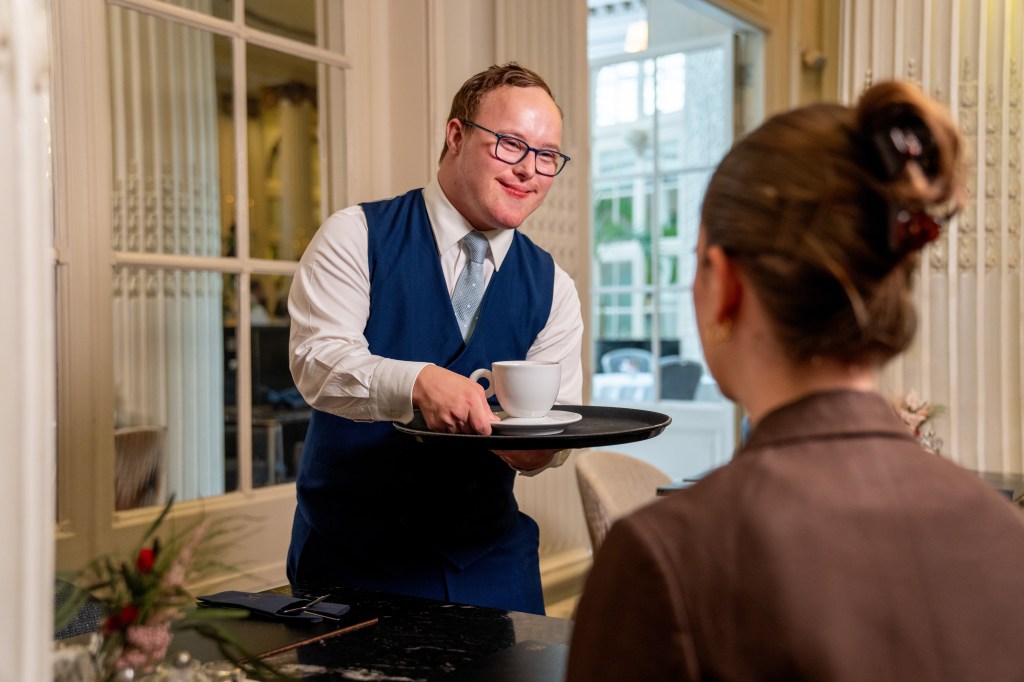
The study also reveals when it comes to the industries where people with a learning disability and their carers think they can succeed – retail (44%) and hospitality and tourism (43%) come top. Three in five (61%) individuals with learning disabilities also note their previous roles in hospitality, underlining the sector’s valuable role in improving employment outcomes.
Public support for better opportunities
The research also clearly shows that the public believes better career opportunities should be offered to people with learning disabilities. Eight in 10 (82%) believe companies should give access to better job prospects to people with learning disabilities.
The latest Mencap figures show that there are 1.5 million people with learning disabilities in the UK, but just 5% are currently employed.
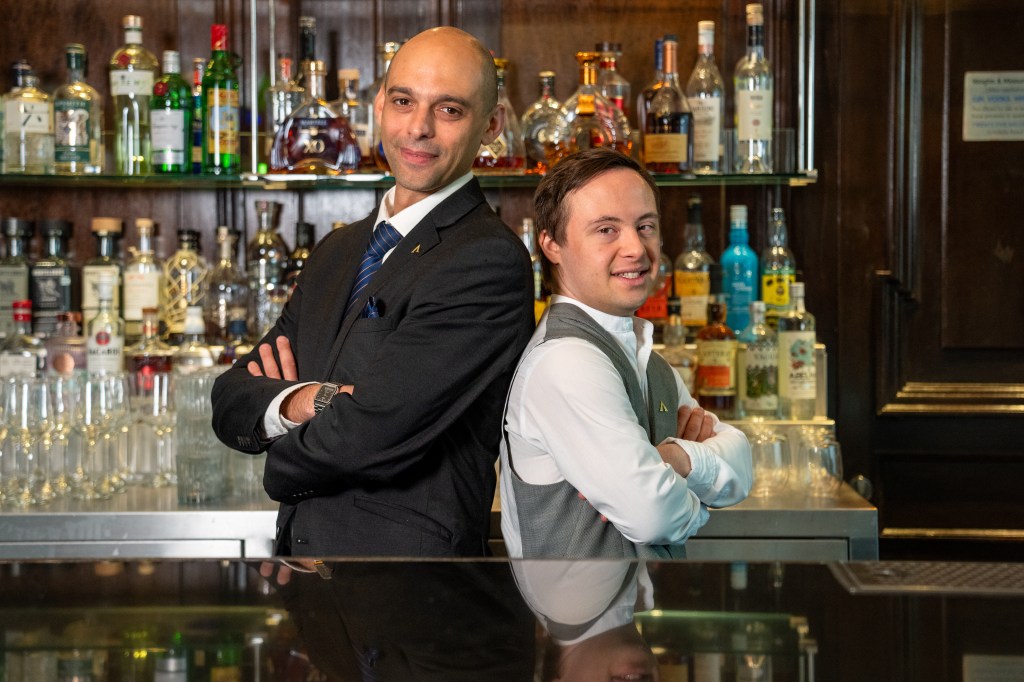
Moreover, 94% of respondents who have interacted with a person who has a learning disability in a service setting said it was a positive experience. A further seven in 10 (69%) say that their experience inspired them to think differently about people with learning disabilities and the overwhelming majority (86%) think someone with a learning disability can excel in the workplace.
Alison Thwaite, head of employment services, Down’s Syndrome Association, said, “Employers play a crucial role in creating the right environments for people with learning disabilities to thrive at work. Having systems in place like mentoring support resources and training can ensure that your existing employees and new colleagues who have disabilities will feel supported and can build on a solid foundation for success. The positive presence of individuals with learning disabilities greatly enhances workplace culture and by working closely with employers, we can bring diverse perspectives and foster an inclusive community where everyone can flourish. We are delighted to see increasing numbers of employers embracing the opportunities to enhance their organisational health through effective supported employment partnerships like the Down’s Syndrome Association’s WorkFit programme.”
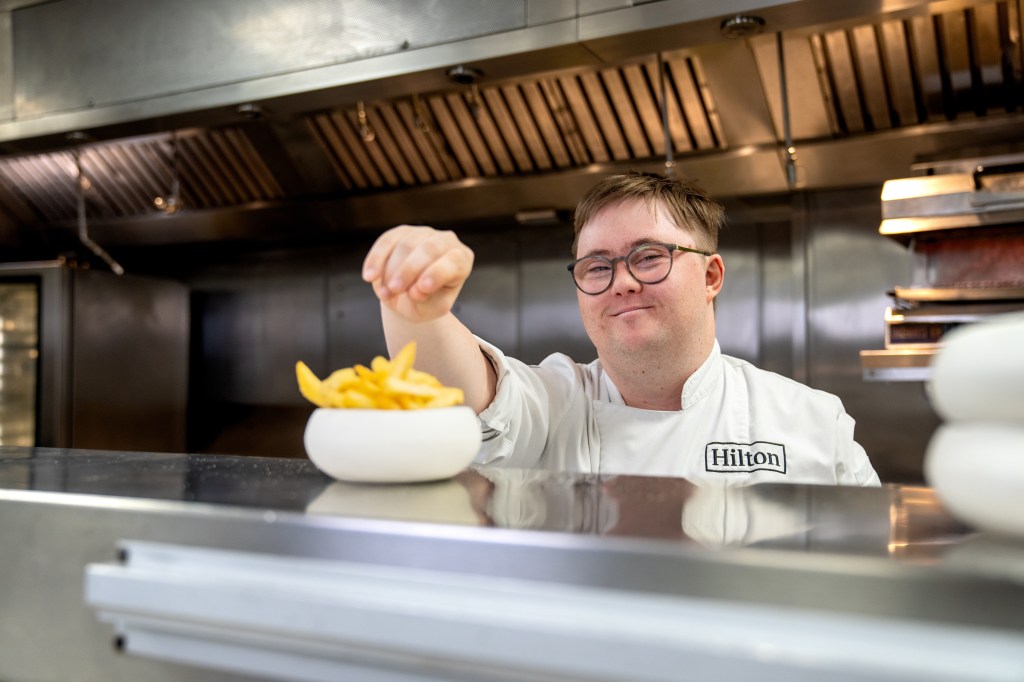
George Griffiths, kitchen assistant, Hilton London Kensington, said, “I highly recommend a career in hospitality to anyone, including people with learning disabilities. Working has definitely boosted my confidence. I’m proud to be working at a fantastic hotel surrounded by kind and charming people. I feel more capable of going out and taking on responsibilities, and I’ve realised that I’m just as capable as anyone else.”
When asked about the support he receives to help him succeed in his role, George said, “I have been given enough time to finish my tasks and to slow down. This has helped in being able to do one thing at a time. The changes help me feel less stressed and more confident in my work. It also helps me not to feel burnt out.”
Notes to Editors:
*Research was conducted by Savanta on behalf of Hilton between 2nd May and 12th May 2025. Respondents were formed of 2,087 general population with a broadly even split of gender and age, as well as 512 respondents with a learning disability (including conditions such as Autism and Down’s Syndrome Disorder), or the parent/carer of someone with a learning disability.
Inclusive employment tips from Hilton and the Down’s Syndrome Association:
- Offer flexibility – Consider part-time roles, shorter shifts, regular breaks, and adapted job descriptions to suit individual needs.
- Introduce buddy systems – Assign two team members to help train and support the new colleague, fostering a welcoming environment.
- Implement reasonable adjustments – These are often simple, cost-free changes that can significantly benefit all employees.
- Prioritise effective communication and training – Take time to understand your new employee and provide the support they need to succeed.
- Celebrate diverse strengths – Embracing different abilities can enhance organisational health and contribute to a stronger, more inclusive workforce.
About Hilton
Hilton (NYSE: HLT) is a leading global hospitality company with a portfolio of 26 world-class brands comprising 9,000 properties and over 1.3 million rooms, in 141 countries and territories. Dedicated to fulfilling its founding vision to fill the earth with the light and warmth of hospitality, Hilton has welcomed over 3 billion guests in its more than 100-year history. Named as the No. 1 World’s Best Workplace by Great Place to Work and Fortune, Hilton aims to create the best culture for its 500,000 team members around the world. Hilton has introduced industry-leading technology enhancements to improve the guest experience, including Digital Key Share, automated complimentary room upgrades and the ability to book confirmed connecting rooms. Through the award-winning guest loyalty program Hilton Honors, the more than 235 million Hilton Honors members who book directly with Hilton can earn Points for hotel stays and experiences money can't buy. With the free Hilton Honors app, guests can book their stay, select their room, check in, unlock their door with a Digital Key and check out, all from their smartphone. Visit stories.hilton.com for more information, and connect with Hilton on Facebook, X, LinkedIn, Instagram and YouTube.
About Down’s Syndrome Association
The Down's Syndrome Association (DSA) is a registered (1061474) national charity that exists to provide information and support for people who have Down's syndrome, their families, carers and those with a professional interest. The DSA seeks to improve knowledge and understanding and champion the rights of people who have Down's syndrome. To find out more about the work of the DSA visit our website downs-syndrome.org.uk
WorkFit is the Down’s Syndrome Association’s employment programme that brings together employers and job-seekers who have Down’s syndrome and focuses on finding the right employment opportunities for them and ensuring that they have the support they need to be successful in the workplace.
About Aurora Foxes
Visit Aurora Foxes | Special Needs Education in Minehead | Aurora Group for more information.
